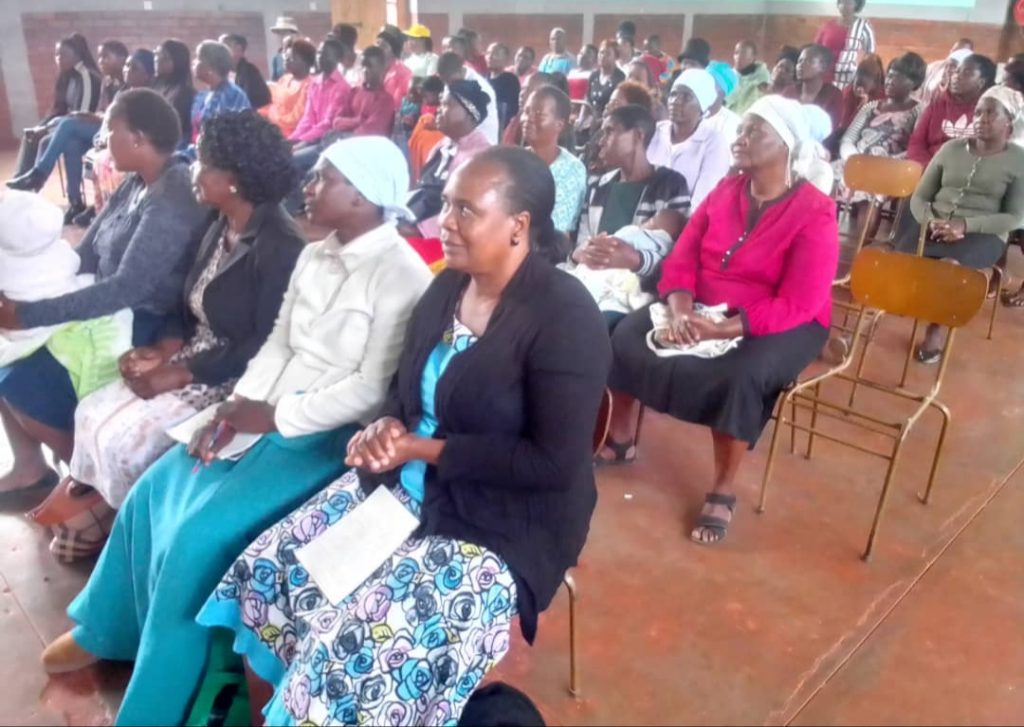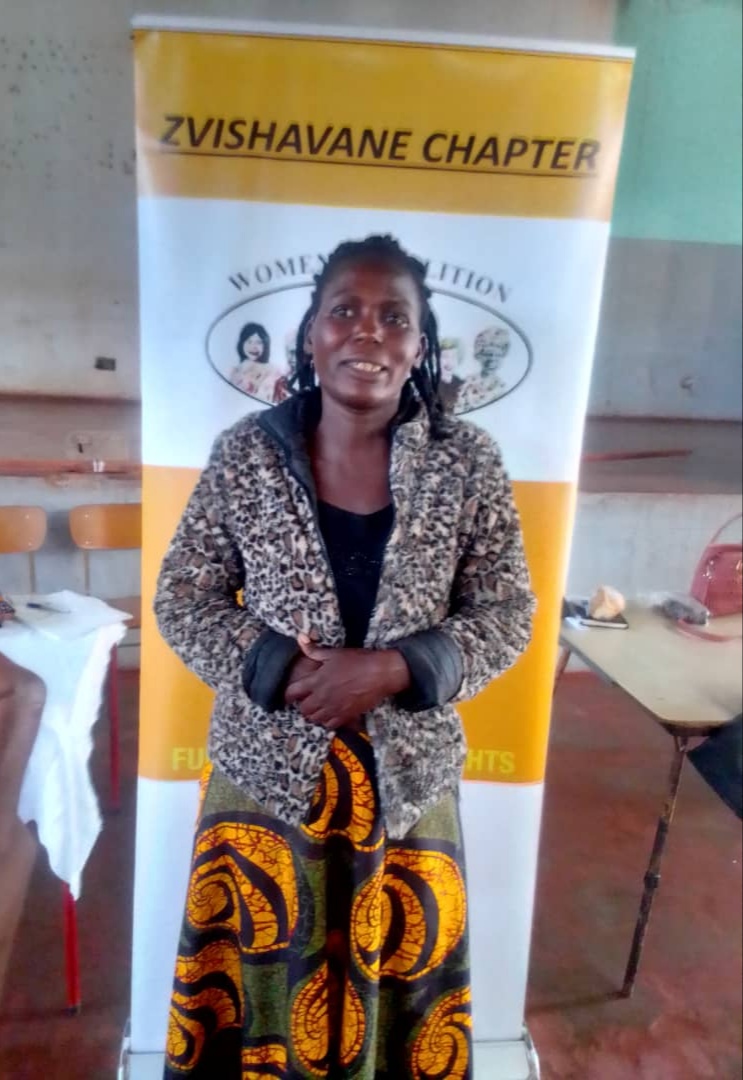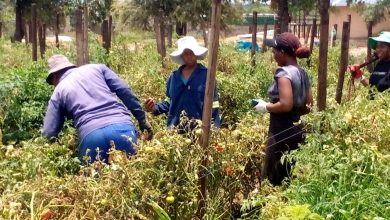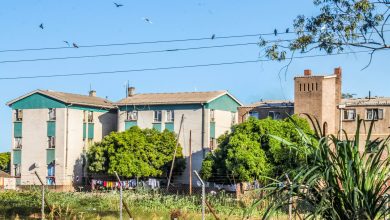ZVISHAVANE: The Women’s Coalition of Zimbabwe (WCOZ) has called upon the government, development partners and all stakeholders to recognise and facilitate women’s participation in key economic sectors if national aspirations like the national vision 2030 and National Development Strategy (NDS1) are to be achieved.
The call was made at a one-day workshop organised earlier this week by the Coalition in Zvishavane to conscietise women on the opportunities presented by the extractive industries with a particular focus on mining and recycling.
WCOZ Zvishavane Chapter Secretary Miss Dourt Majoni said the workshop is part of the women’s movement’s 8 Point Plan for Action and Dialogue between women and the extractive companies in their communities, especially the mining corporates.
“Women are often sidelined in the mining sector yet they can equally play a pivotal role towards national economic growth and development if their participation is harnessed in line with the government mantra of ‘leaving no one behind’, said Miss Dourt Majoni.
She added that it is important to have dialogue between women and mining corporates in their communities because locals should benefit from resources amidst them.
The broader women’s movement, said Mavhudzi, adopted the 8 Point Plan as informed by the interconnectedness of the National Development Strategy 1 pillars of inclusive economic growth and transparent governance.
The plan advocates for, among other issues; the adoption of gender-sensitive workplaces responsive to the needs of women employees including breastfeeding, establishment of multi-sectoral community natural resources governance committees to foster transparency, accountability and feedback mechanisms between mining companies and women in the community, partnerships on environment protection and preservation and improvement on the quality of life of women through sustainable economic empowerment programmes including mining, recycling and waste management.
WCOZ notes, with concern, that Zimbabwe, like many African countries has vast natural resources including gold, diamond and platinum but local communities, particularly women, have not benefited much from such resources.
The Coalition, therefore, aims to rectify such an anomaly by lobbying for a resource governance architecture that places women at the heart of all levels and all aspects of the extractive economy.
Speaking at the same occasion, Mr Sibanda, head of the Zvishavane Mberengwa Miners Association (ZMMA), acknowledged that a very small fraction of women has managed to break through into the mining sector.
Sibanda said that among other barriers to women’s entry, the mining sector is labour and capital-intensive in addition to factors such as security in the wake of the lawless and violent makorokoza.
Sibanda encouraged women to form groups and cooperatives and approach associations such as ZMMA for training and guidance.
He further encouraged them to opt for non-labour options of participation in mining such as being sponsors saying it (sponsorship) is more like being an investor rather than the labour-intensive work.
Angela Mutara, one of the few women in gold mining urged women to soldier on.
“It is not easy of course, it is complex but get organized into groups, get skills and learn from those with experiences”, she encouraged.
Mr Anthony Hova from the Zvishavane Recycling Consultancy took the women through the recycling business process and challenged women to harness the income-generating opportunities presented by the sector.

He said waste is money and there is a ready market.
The government and the Coalition were urged to take such eye-opening trainings to women in rural areas.
“Women in rural areas are often left out yet they have limited sources of income. We would appreciate if you bring such programmes to us in rural areas”, urged Melody Hofisi a councillor-elect from Chirere in rural Zvishavane.
The meeting was also attended by officials from local councils, the Environmental Management Agency (EMA), community organisations and local leadership.
The Coalition intends to roll out the campaign in other parts of the country.




